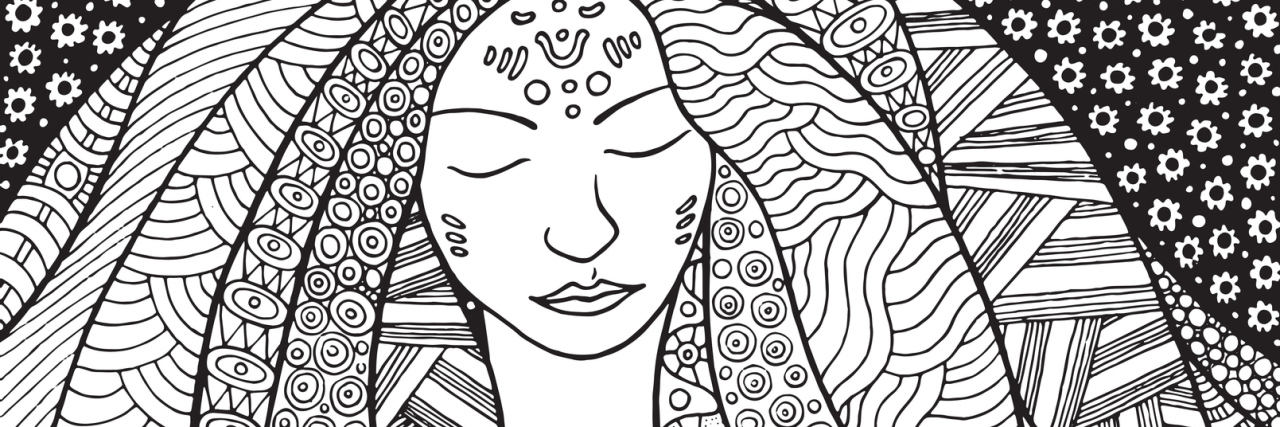Being in a residential eating disorder (ED) treatment facility can be so bittersweet; you meet some of the kindest, strongest and most inspirational people ever. But then you sit there thinking: You are too kind of a person to have to fight this. These amazing people are the ones you bond with by sharing deep personal stories, struggles and emotions. They comfort you during the hard days and laugh with you on the good days, and you spend countless hours playing games, having crazy dance parties and anything else to kill time. With how much these people listen to you pour your heart out, support and advise you, and live with you 24/7, it’s only natural that a friendship is formed and that you’ll want to stay in touch with each other after treatment.
Staying in touch with your friends from treatment can be good. These can be people you know you can turn to when you need someone to talk to that will get you and get what you are going through in a way your family and friends back home may never understand. While staying connected can be great if you’re both doing well in recovery, friendships with others that are also struggling with eating disorders can sometimes become toxic.
Eating disorders can be competitive and comparative. One of my biggest challenges is fighting ED’s voice in my head when I see on social media that one of my friends from treatment is struggling. It makes me feel like I’m “bad” at having an eating disorder, that I am weak, that I have no control around food and that I would never be able to go back to my disorder because I’m not as strong as my friend. It makes me hate myself. It makes every meal and snack that I have reinforce ED’s whispers that I have no strength. It makes following my meal plan seem like the wrong thing to do instead of the right. But mostly, it makes me want to let ED back in.
It’s when your friendships come to this point where you need to make the decision that is best for you and your recovery. Nothing is easy about recovery, especially when it comes to interpersonal relationships. You’ll want to be there for your friends to support them and encourage them to get back on track, but if they aren’t willing to make recovery-orientated decision for themselves and it’s going to negatively impact your recovery, then sometimes the only decision you have is to take a step back from that friendship, hit the unfollow button and keep them in your heart and prayers. It can be hard and it may cause some guilt, but when your health, your future and your recovery are at stake, it is the right recovery decision to make.
If you or someone you know is struggling with an eating disorder, you can call the National Eating Disorders Association Helpline at 1-800-931-2237.
We want to hear your story. Become a Mighty contributor here.
Thinkstock photo via Veronika Demenko

